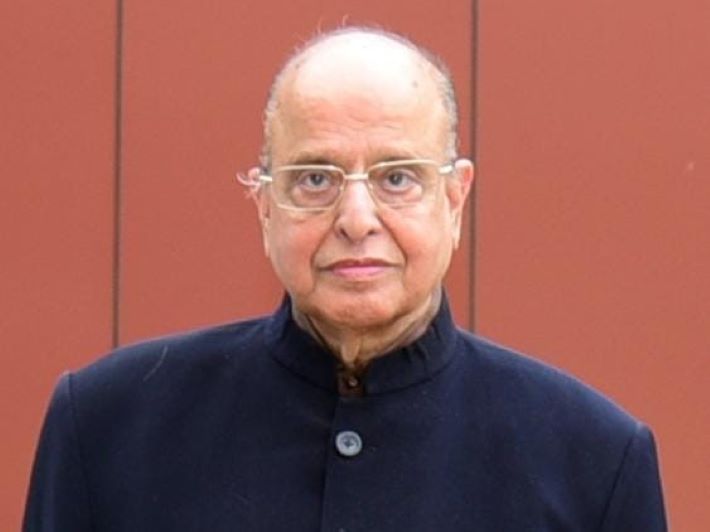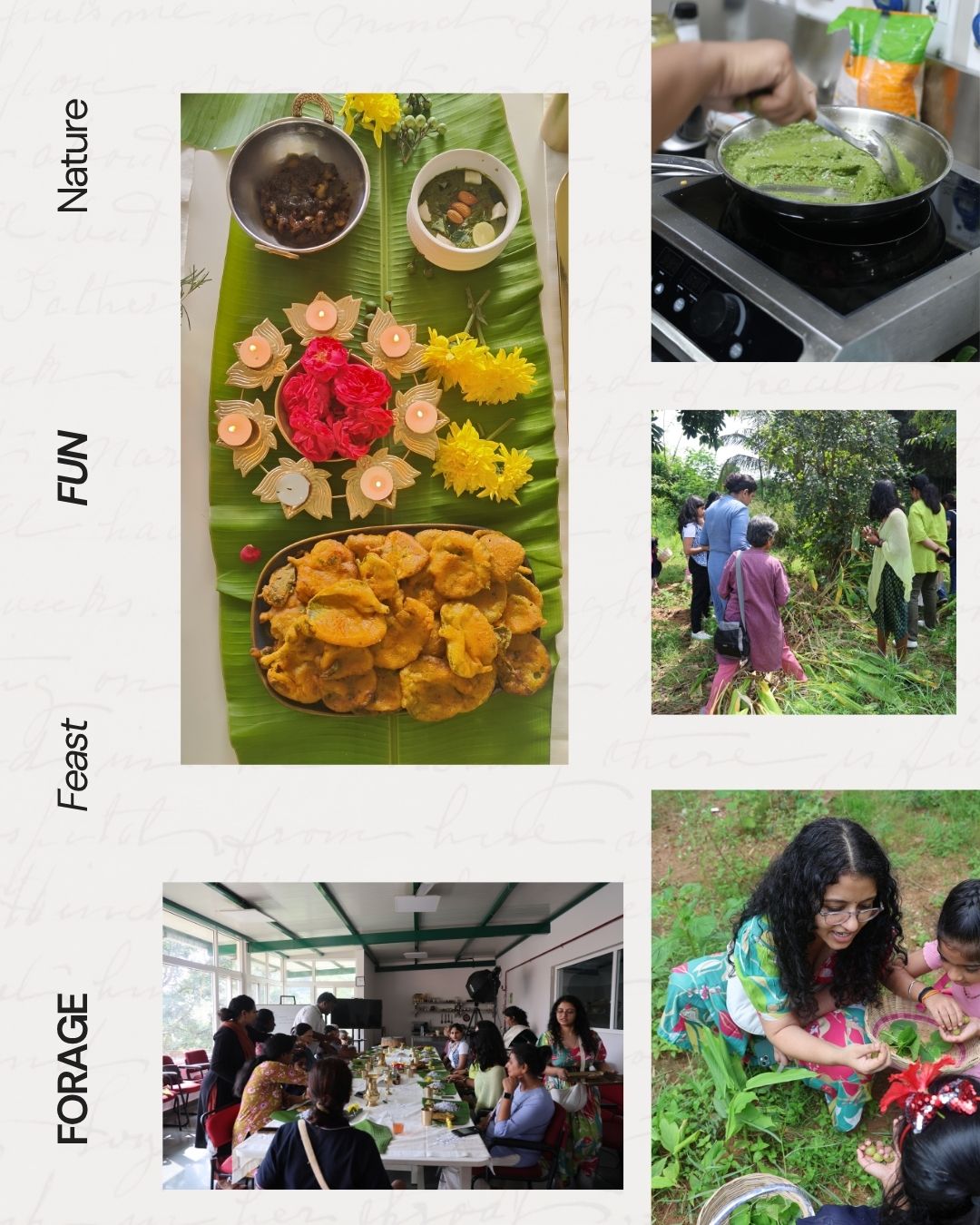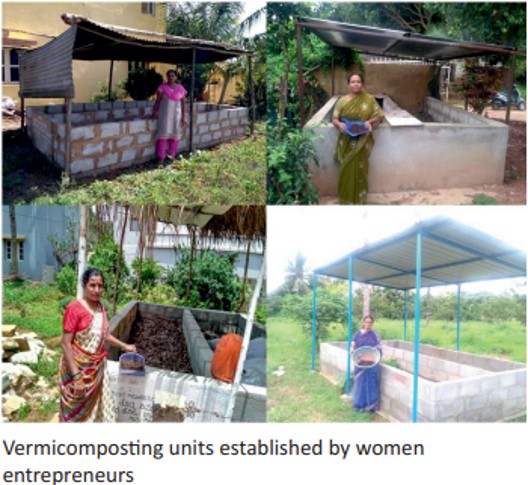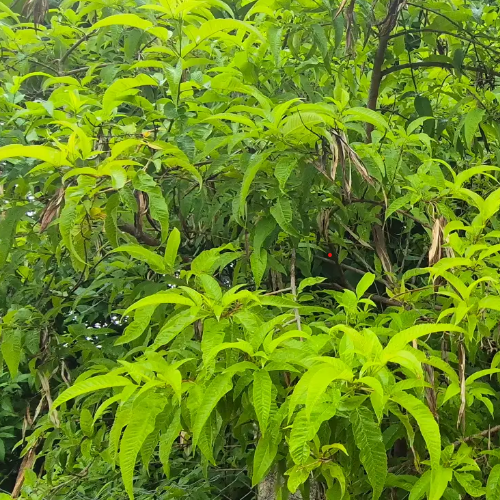Biodiversity Day - 22 May, 2025
Theme: “Harmony with Nature and Sustainable Development” Medicinal Plants: Rooted in Wisdom, Growing for the Future

India’s ancient wisdom teaches us that human well-being and nature are not separate—they are deeply interwoven. From the Vedas to the practices of Ayurveda, Siddha, Unani, Sowa-Rigpa, and folk traditions, our Indian Knowledge Systems (IKS) have always celebrated life in harmony with the natural world.
On this International Day for Biological Diversity, as we reflect on the theme “Harmony with Nature and Sustainable Development,” medicinal plants emerge as powerful symbols of this interconnectedness. These plants—over 6,000 species across India—are not just remedies, but carriers of cultural memory, biodiversity, and ecological balance.
Today, many of these healing species face threats from habitat loss, overexploitation, and climate change. But India is also home to a visionary solution: Medicinal Plant Conservation Areas (MPCAs). Initiated by The University of Transdisciplinary Health Sciences and Technology (TDU) and FRLHT, this initiative forms the backbone of the movement—Revitalizing India’s Medical Heritage
India’s response through MPCAs shows the way forward. These in situ conservation sites allow plants to regenerate in their natural habitat while involving local communities in stewardship. The approach balances ecological integrity with traditional livelihoods, showing how development can thrive when it respects and works with nature—not against it. More than 210 MPCAs across 21 states now serve as living laboratories of conservation, blending ecological science with local knowledge.
These efforts are not just about plants. They’re about people. Rural communities, especially indigenous healers and forest dwellers, are partners in protection and knowledge sharing. When conservation aligns with livelihoods and cultural heritage, it becomes sustainable.
Medicinal plants also hold immense potential in school education—helping children reconnect with nature while learning about nutrition, local flora, and preventive health. Integrating this knowledge into curricula can inspire future generations and support school-based health programs, especially in tackling issues like anaemia and poor nutrition through the revival of locally available, time-tested remedies.
Medicinal plant conservation directly supports Sustainable Development Goals (SDGs)—especially Good Health (SDG 3), Life on Land (SDG 15), and Climate Action (SDG13). It reminds us that true development must nourish both people and the planet.
As we face the twin crises of biodiversity loss and climate change, India’s traditional health systems offer more than treatments—they offer principles for living well, wisely, and within the Earth’s limits.
Living in harmony with nature means listening to the wisdom of the forests, the rivers, and the communities who have coexisted with them for centuries. Medicinal plants remind us that health is not just the absence of disease—it is the presence of balance.
This Biodiversity Day, let us learn from our roots. Let us recognize that the path to sustainable development runs through our forests, our traditions, and our communities. When we revitalize nature, we revitalize ourselves.
“In the healing of the forest, lies the healing of humanity.”
— Inspired by the spirit of Indian Knowledge Systems
We gratefully acknowledge the Indian Knowledge Systems (IKS) Division, Ministry of Education, and RIST (Rural India Supporting Trust) for their visionary support in reviving India’s nature-based health traditions and fostering community-led conservation and learning.
Dr.Tabassum Ishrath Fathima
Asst.Professor
TDU, Bengaluru

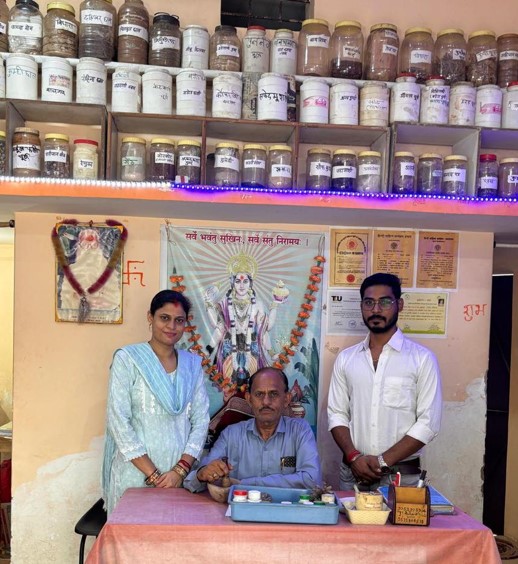
.png)
.jpeg)

